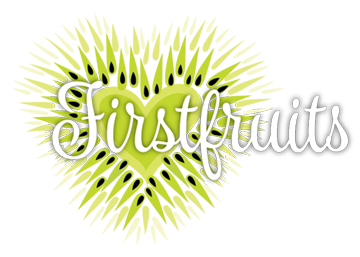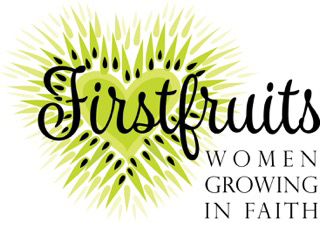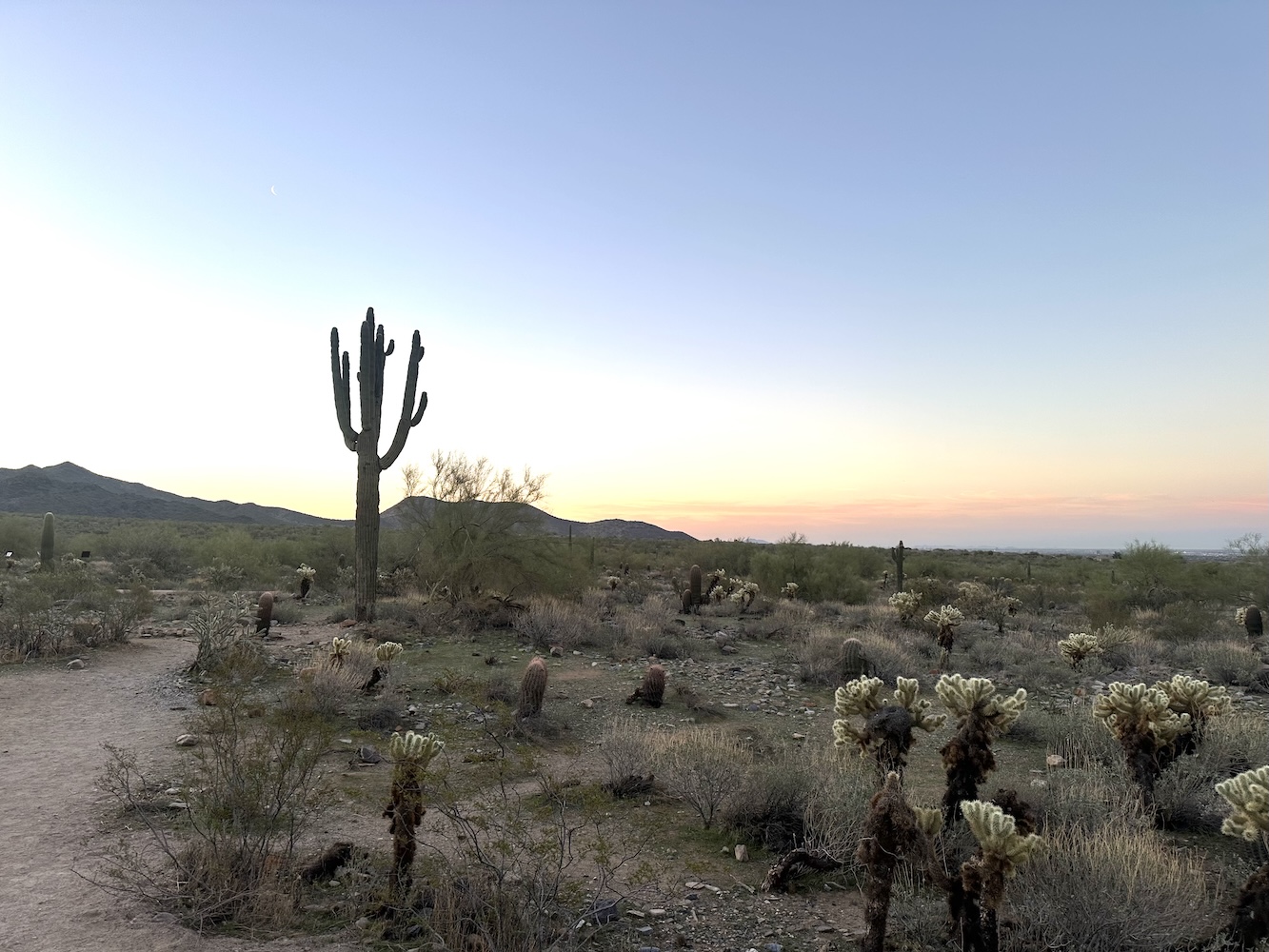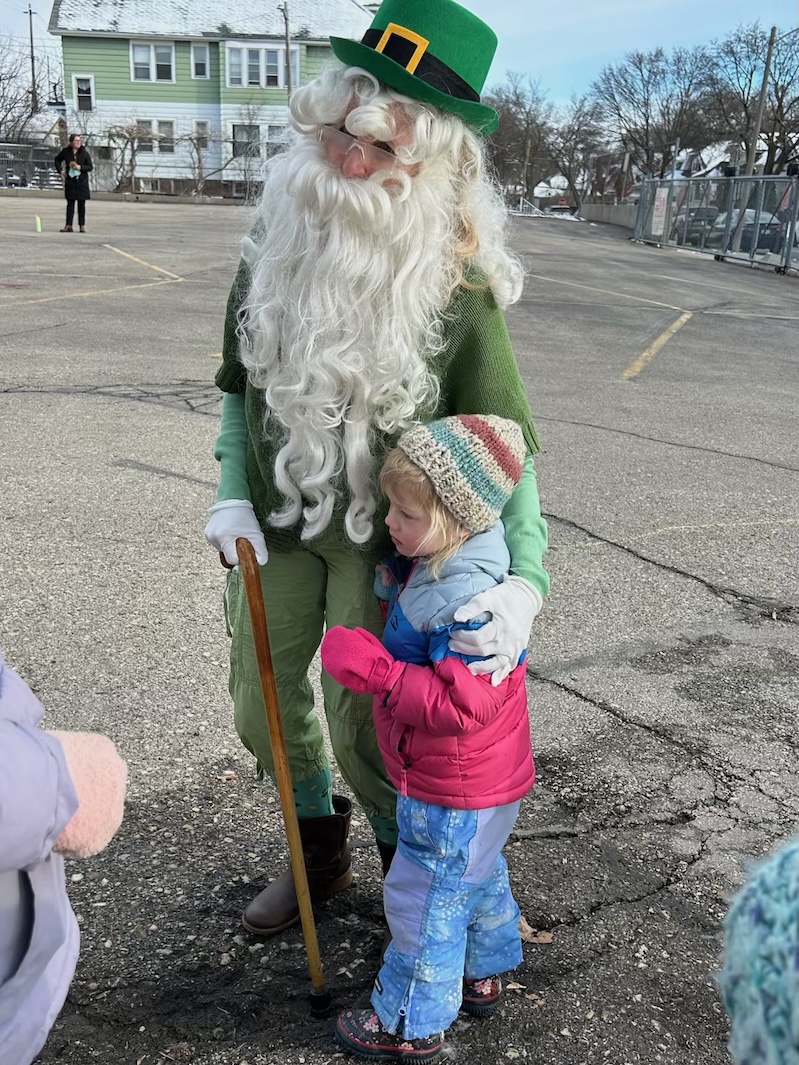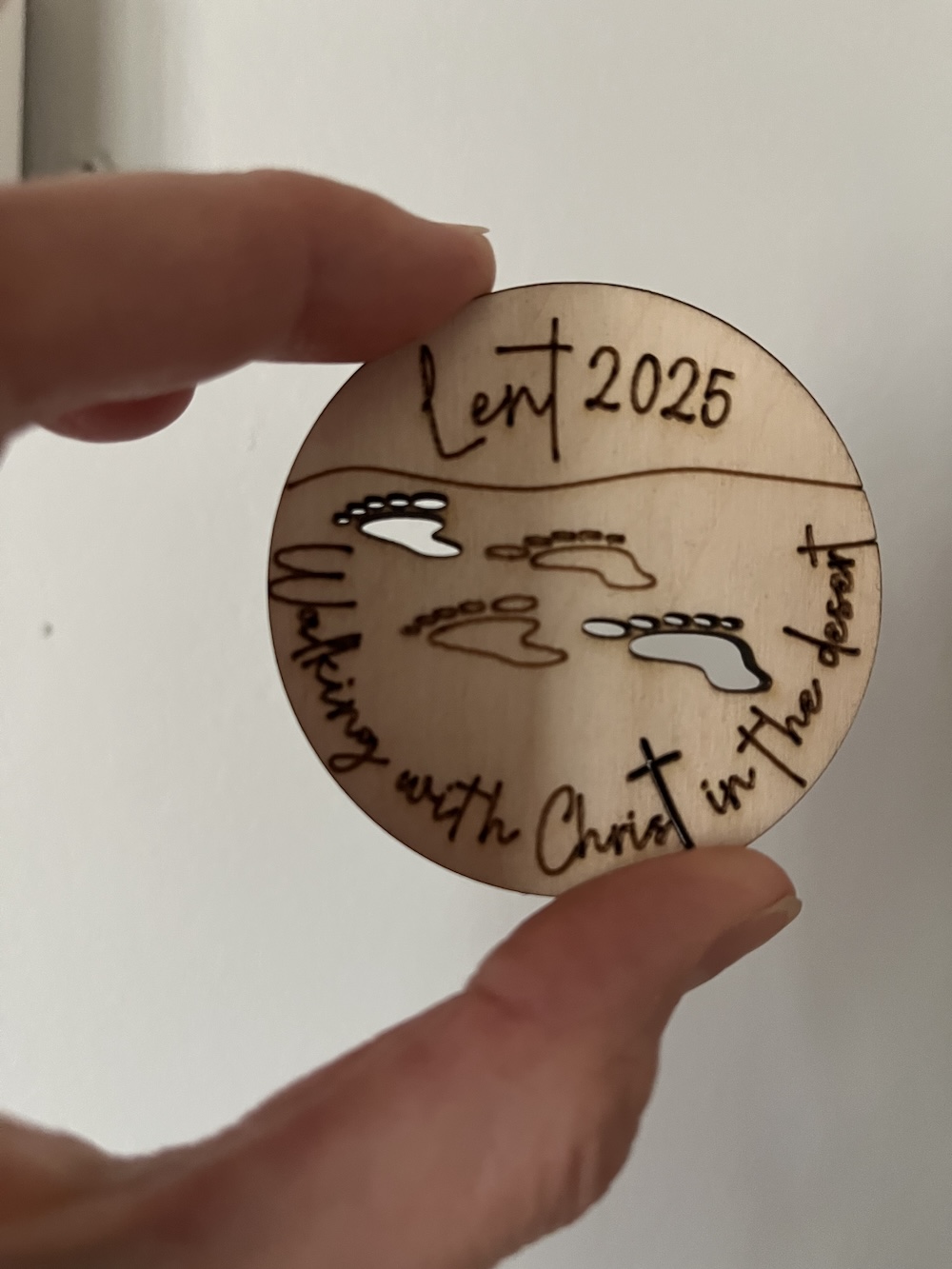Are You Curious?
I wrote about my mom a week after Mother’s Day so I guess it’s ok that I’m writing about the Holy Spirit a week after Pentecost. I write these blogs when the Spirit moves me and apparently, he/she was busy celebrating Pentecost and didn’t get around to me until now. Pentecost is a celebration of the coming of the promised Holy Spirit to the disciples in the upper room after Jesus had risen from the dead and ascended into heaven. With the Holy Spirit came all that the apostles needed to fulfill their mission to bring Christ to the world. The same is true for us now. We are all called to bring Christ’s love and mercy to our “worlds.” And we have been given all that we need to answer that call, in the Holy Spirit. The Holy Spirit is alive and well in each of us, waiting to be stirred into action. The first step in this process of stirring up the Holy Spirit is so simple, yet so difficult. Just be curious. Let yourself believe that maybe this is true. Maybe there is a God-given source of power within you that is all you need to live a more abundant life. A life of purpose, a life lived outside of yourself, self-less and in service to others. A life of ease and simplicity, gratitude, freedom, and joy. Wonder about this and see what happens. If we open ourselves up to the possibility of a life in tandem with the Holy Spirit, we will be given glimpses of what this life looks like. These glimpses come in subtle yet noticeable ways. You might find yourself with an unexplained patience for someone who is usually very difficult to be around. You find just the right words in a difficult conversation. Your thoughts focus on what you have rather than what is missing in our life. Your restlessness is gone. Your anxiety doesn’t last as long. You get a good night’s sleep. You make a decision that you have been wavering on for a long time. You notice how green the grass is. The list goes on and on. These glimpses make us want more and give us the courage to open up even more. But that’s a topic for another blog. For now, I challenge you to just let yourself be curious about the Holy Spirit. Let me know what happens. Joan...
Stumbling Blocks
I was listening to a podcast with Fr. Richard Rohr last week and realized I am in good company. He was talking about stumbling blocks in our lives and mentioned one of his stumbling blocks is how he approaches life with a very analytical frame of mind. He sees everything and everybody as flawed and seems to think he knows how everything and everybody could be better. And feels a responsibility to fix these things. That’s me. I never really thought about it that way but it’s true. He gives an example of a beautiful tree he saw that had one dead branch mixed in amongst the others and all he could see was that dead branch. He recognized the beauty but it was lessened by the imperfection. His thoughts were more about “How could he fix that?” “Doesn’t anybody else see this?” than “What a gift in the beauty of this tree!” I’ve been trying to remember just when I adopted this analytical bent and why? They say these kinds of characteristics become our default as a result of childhood influences and defense mechanisms we adopted to survive in life. I haven’t quite figured it out yet. Maybe I should just stop analyzing it and work on changing it. Rohr said he forced himself to just leave the tree as is and to focus on seeing past the imperfections to the beauty. Imagine if we could do that with the people in our lives, the people in the news, the church, the world. How arrogant of me to think I know what is better for everyone and everything. But, isn’t wanting better for someone or some situation showing I care, showing I love? Or is it a selfish way to make my life better, by making you or it better? It takes discipline, sternness, and work to maintain life like this, a life of order. As a result, life loses some of its joy. Rohr says, “Stumbling blocks trip us into the second half of life where the pursuit of order gives in to acceptance and freedom.” Sounds lovely. To be able to accept things and people as they are. To believe that where we are at each moment in our lives is exactly where God wants us to be and every encounter with another is leading us on a path that isn’t random. Imagine the freedom in a life like that. What is a stumbling block in your approach...
My Mom and My God
I’m feeling a bit guilty. We just celebrated Mother’s Day last week. I was so busy making sure my daughters, daughter-in-law, and the other mothers I know were properly acknowledged that I never thought about my own mother. My mom has been gone for seventeen years and it’s so interesting how the person who was once the source and summit of your existence, could one day be forgotten. Then I realized, she could never really be forgotten. Maybe I don’t consciously recall her often, but my actions, my values, my way of navigating life, my sense of humor, and my nose bring her back to life every day. I think that same thing goes for our spiritual lives. I feel guilty sometimes that I don’t consciously recall or acknowledge God in my daily life. I don’t pause throughout the day to just breathe deeply the presence of God. I don’t let the knowledge of His presence and care and love change the way I face challenges, the way I love others, the way I navigate life. The true source and summit of my existence goes unappreciated and unrecognized too often. Then again, we shouldn’t be too hard on ourselves for the times when the world gets in the way of us recognizing and acknowledging God’s presence. It’s just a part of being human and living in this distracting world. Our job is to let our actions, our values, and the way we navigate life acknowledge God’s presence. We may not verbalize it, but actions should speak louder than words, right? Just as I feel and know my mom is a part of my very being, tucked away in every corner and every smile, deep down, I feel and know that God is too. I hope my actions tell the world that. But sometimes, I just want to say it out loud. I love you mom. I love you God. Joan...
Something New
Last week’s blog was all about being an Easter person. Someone who focuses on possibility, newness, and hope. I’m trying to stay focused on celebration and living life with greater joy and hope. I have recently found a new source of hope in an age-old Catholic form of devotional prayer that I was reminded of in a Firstfruits Well Time session last week. It has really taken me by surprise. The prayer form is the Novena. By definition, a novena, derived from the Latin novem, or “nine”, is an ancient tradition of devotional praying, consisting of private or public prayers repeated for nine consecutive days or weeks. The nine-day or nine-week prayer focuses on a specific intention, often asking for special graces, divine intervention, or a saint’s intercession. Growing up Catholic, I had heard of novenas, but thought that was something the nuns did in endless hours of prayer. It sounded boring and rote. And it seemed very contrived and almost superstitious in nature with designated starting dates to coincide with holidays or feast days of saints and the emphasis on nine days as the “magical” number. What if I said the prayers for ten days, does that still count? Or what if I miss a day, do I start all over? I let my misconceptions leave me in the dark as to the meaning and power in a novena. Then at Well Time last week the topic was novenas and after our discussion I had a new understanding of the practice and heard from other women about their positive experiences with praying novenas, so I decided to give it a try. For my first foray into praying a novena, I chose a novena to St. Jude, the patron saint of lost causes. I have a few situations in my life that I have been praying about for a long time and they have become, in my mind, lost causes. So, I thought this was a good place to start. I could use a new infusion of hope for these situations, and much to my surprise and delight, that is just what I have found in the novena. I’m also finding it much easier than I thought it would be to stick to the nine days of prayer. With modern technology you can sign up for novenas online and get reminder emails daily. And most of the novenas are only a couple minutes long. Who...
Belly Laughs
I had a soul cleansing, belly jiggling, hard to catch my breath, laughing fit with my granddaughter Harper yesterday. It’s too hard to explain what was so funny. You had to be there. But it made me realize how long it has been since I laughed like that. Everything seems so serious lately. Heavy thoughts about growing old and the somber state of our world seem to occupy too much of my mind. I want to be an Easter person. I want to focus more on possibility and newness and hope. I want my mantra to be what my mom and her mom used to say when things were heavy, “Just remember, nothing stays the same.” We can find newness, possibility, and hope in any situation with God’s promises and a dose of humility. God promises unconditional love. God promises that all things will work for good. God promises life after death. God promises to never forget us. God promises to never give up on us. We just have to believe these promises and let them take control of our thoughts and actions. That takes humility. It takes humility to surrender to and trust in God’s promises. But if we do, nothing stays the same. We are in the season that the church calls Eastertide, forty days of celebrating the resurrection of Jesus. It’s a time that was historically celebrated by doing things like attending Easter parades, wearing easter bonnets, decorating the church with an abundance of flowers, coloring eggs, and having egg hunts. How often do we take down the Easter décor a couple days after Easter Sunday and move on without really taking the forty days to celebrate. We focus for weeks on the solemnity of Lent but don’t take that same amount of time to revel in the meaning of the Resurrection. I think that happens because it’s so hard to wrap our brains around the magnitude of the sacrifice Jesus made so that we can have abundant life and the concept of resurrection or life after death. It’s all ours for the asking, but that’s a tough truth to process, so we don’t. Or maybe we give it some fleeting thought on Easter but for the most part the power in resurrection eludes us and as a result, so much potential for good in our lives and in our world goes untapped. Because it’s only when we can resurrect ourselves from chronic resentment, anger,...
Lessons From the Desert – Part 3
My time in the desert is winding down. To be honest, I have mixed emotions about leaving this time of silence and stillness. This retreat with Jesus into a place of simplicity and quiet for Lent hasn’t been easy. You would think it would be calming and restful, and it was, sometimes. All this down time, gave my overactive brain the freedom to go into overdrive. Pulling back on social commitments and freeing up my time for silence and listening, fed my soul. It became my friend. But there were also times, when that extra time and space became my enemy. Left unattended, my mind can quickly shift from a place of peace and goodness to a minefield of worry, anxiety, and anger. In the quiet of the desert Jesus wanted to teach me to focus on His ever-present love which manifests as grace. He wanted me to realize that this grace is the fuel I need to live and love as I should. In the silence Jesus was trying, once again, to teach me about how to live and love abundantly. And that starts with learning how to discipline my mind to stay focused on who is really in charge and to humble myself. He provided me, as He always does, with the grace to do what He was trying to teach me. When I remembered that store of grace that is always available, and I accepted it for what it really was, God’s eternally present love, I could live and love abundantly. My desert time became a source of calm and rest and good. But when I forgot about that grace and God’s persistent presence and love and let my brain go into its default mode, the desert became a source of anxiety and restlessness. Jesus let me experience these ups and downs for the last five weeks. Then during a sleepless night last week, I was given a gift. The gift came in the form of the words in the refrain of an old Beatles’ song. The words “let it be” popped into my head as I was praying, and has been my mantra ever since. When I find myself defaulting away from the peace that God’s grace provides me and getting caught up in old thought patterns that result in anger or anxiety, I repeat the refrain of that song. I substitute words to fit the situation. Sometimes I say “Let...
Lessons From the Desert – Part 2
As I chronical my journey in the desert this Lent, our daughter and her family are literally in the desert. They are in Arizona on Spring Break. My daughter had never experienced the desert landscape and climate before. One of her first texts to me after they arrived described how comfortable the air was with no wind or moisture. “It’s just like nothingness,” were her exact words. It’s in that silence and nothingness that I have learned a few more lessons I want to share with you. First of all, I am finding that inviting Jesus to journey with me this Lent, instead of doing Lent on my own, has really been eye-opening. In the past I would look at this time leading up to Easter as a time for sacrifice and solemnity. It seemed like a lot of work. It was work figuring out what I was going to give up or what I was going to change to honor the sacrifice Jesus made for me. It was work to stick to my decisions on how I was going to spend these weeks. And it was disheartening when I would fail to keep up my resolutions. All of this work was done on my own. This year, I envision doing this work of Lent with Jesus and it has made a big difference. I continually ask Him what it is I should be doing or changing, and how to stick to it. In the nothingness of the desert, I listen for the answers and I feel the help. I don’t feel discouraged and I don’t feel alone. This week, what I have heard loud and clear in the nothingness of the desert from my companion, is the importance of staying in the moment. Another really, really important lesson for me this Lent. We hear a lot about the benefits of mindfulness and the importance of living in the moment. We’ve heard it over and over, but how good are we at it? It takes such discipline. The present moment is where we find God. Dwelling on the past only brings resentment and regret. Dwelling on the future only brings worry and anxiety. In his classic book, The Screwtape Letters, C.S. Lewis points out that one of the most powerful weapons of the devil is to keep humans focused on the past or the future and away from the present moment. It’s the most powerful way...
Lessons from the Desert – Part 1
Last week I told you that I was going to spend what is left of this Lenten season in the desert with Jesus. I felt a pull to do that. I have learned quite a bit already and I want to share my lessons with you. The very first thing that became glaringly apparent was the need for silence. A silence of my thoughts, a silence of my imaginings, a silence of my plans, and even a silence of my voice. I became quiet to the point of having people who know me well text me and ask if I was alright because I was so quiet during a zoom session. Being silent doesn’t mean not speaking up when the situation warrants it or becoming a divine wallflower. The silence I’m learning is of a different sort. It’s a silencing of all that makes it virtually impossible to know the life intended for us. I learned that to be silent requires discipline. It involves breaking old habits and possibly appearing different and out of character. None of this is easy, but the payoff is so worth it. Because real treasures lie in the silence. If we can get out of our heads and set aside our egos by spending more time in silence, powerful things happen. If our default mode is silence, rather than mindless chatter or self-aggrandizing posturing, we become more aware of and open to the treasures that God provides for us in the people, places, and situations He orchestrates into our lives. With a habit of silence, we listen more fully to others, we cultivate a deeper gratitude for the blessings in our lives, and we experience transforming joy. That was the second lesson I learned in the desert. The desert isn’t all dry bones and tumbleweed. Even in the desert times we are given moments of sheer joy. What a surprise that was. For me the joy came in the form of a leprechaun. I make an annual visit to my daughter-in-law’s K5 class on St. Patrick’s Day donned in my very finest leprechaun attire. This year I visited in the morning when the younger classes were on the playground. On my way into the building, I was mobbed by a joyful crowd of little ones who wanted to chase me, hug me, and share with me all kinds of random information. Stories about the “stuffies” they have at home (I imagine that’s a...
A Trip To The Desert
I’m writing to you today from the desert. No, I’m not in Arizona or Palm Springs on a spring break trip. I am physically in my natural habitat but spiritually I have left home. The theme at my church this Lent is Walking with Christ in the Desert. We are being encouraged to head into the wilderness with Jesus, a guide who not only knows the terrain inside and out, but knows us inside and out. A guide who wants nothing more than to help us learn and grow and change. A guide who, from personal experience, knows the desert is the best place to do that. Many times, in scripture we hear that Jesus goes off to a quiet place when he needs to connect with the Father. He needs that desert time. It was in one of those desert times that he was most tempted by the devil, and withstood temptation because of his dependence on and connection with God. To grow this Lent, in our connection with God, we need that same time in the desert. It’s where we need to go for true transformation. The transformation occurs because in the desert there is quiet. Real silence and solitude can be found there. It’s a space where our minds can escape from the constant barrage of noise and begin to hear the still, small voice that is God’s calling card. The transformation occurs when we allow ourselves to listen to that voice. The still, small voice of God often whispers truths to us about ourselves that can cause discomfort. Truths we don’t like to admit, but truths we know keep us from being the best version of ourselves. We can have a break through, a healing, if we can stay open to those truths, ask for help in the discomfort, and not let the discomfort cause us to run out of the desert and back to the noise. Transformation occurs when we can stay in the desert until we are healed. However long that might take. We can’t rush the process. If we are patient and want it bad enough, the change will occur, and along with it, great joy. I started Lent with good intentions and have already succumbed to the wily ways of the world, which is exactly why I have made a new Lenten resolve, a few weeks in, to head into the desert. I think I will have better luck...
A New Bent on Lent
This coming Wednesday is Ash Wednesday, the beginning of the 68th Lenten season of my life. Actually, it’s more like about the 60th Lenten season if you count from when I really knew what Lent was. Over the years, I have “given up” many different things for Lent. There was the classic sweets, soda, and snacks in my earlier years. As I got older and more creative, I gave up things like listening to the radio when I was driving. One year, I gave up mascara and endured inquiries from people as to the state of my health. I’d get a lot of “Are you ok, you look tired.” Or “Are you sick?” Come Easter morning, when I could once again pull out the Maybelline wand, I resembled Tammy Faye Baker. I couldn’t get enough. Now, when I ponder just how I want to make these weeks of Lent more meaningful, I tend to gravitate more to what I can DO and not what I can give up. I ask myself what habit, what way of thinking or acting would be difficult for me to change but really doesn’t serve me or anyone around me well. What keeps me from living, loving and being the person God wants me to be. The person I was born and gifted to be. If I can sacrifice my old ways and practice a new way during Lent, maybe the new way will become a habit. They say it takes 21 days to form a new habit. That gives me plenty of time. This year, I have discerned that I need to work on what comes out of my mouth. Which means I need to work on storing up goodness in my heart because according to the Gospel of Luke,”A good person brings good things out of the good stored up in their heart, and an evil person brings evil things out of the evil stored up in his heart. For the mouth speaks what the heart is full of.” (Luke 6:45) If we want our words to be gentle, encouraging, edifying and kind they need to come from a heart full of goodness. How do we build the store of goodness in our hearts? I think it starts with recognizing the goodness around us every day. Look at the world through a lens of awe and gratitude. Store those moments of raw goodness not only in your...


